
Lennart Ramme receives Wladimir Köppen Award
Lennart Ramme, a postdoctoral researcher at the Max Planck Institute for Meteorology, has been awarded the Wladimir Köppen Prize, endowed with 5000…

How to make climate adaptation a success
Climate change is forcing people to adapt to changing environmental conditions. But what really makes the difference is how they do it. The recently…

WASCAL Master's Students Attend ORCESTRA Campaign on Climate Research
Five master's students from Ghana, Senegal, Nigeria, Benin, and Guinea, participating in the WASCAL program, had the unique opportunity to gain…
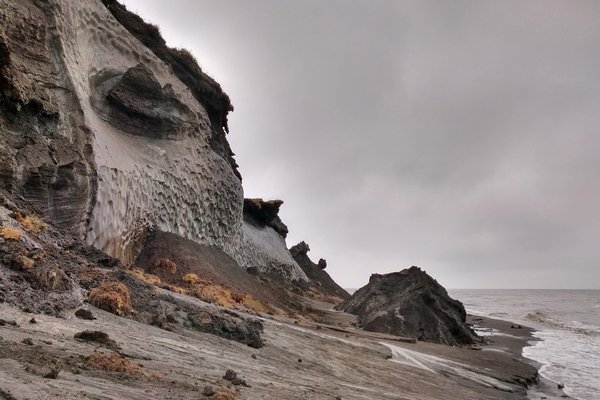
In years to come, the Arctic Ocean will absorb less CO2 than expected
We humans benefit from the oceans’ tremendous capacity to absorb greenhouse gases. Due to the low temperature of the water, the Arctic Ocean absorbs…
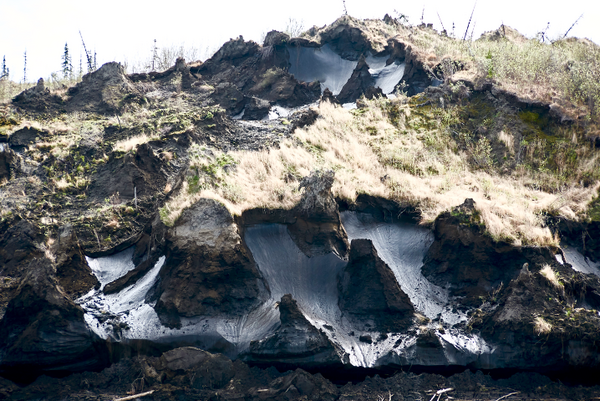
Climate change amplified by permafrost cloud feedback
Researchers at the Max Planck Institute for Meteorology shed light on what may happen if the frozen soils thaw in response to global heating.…
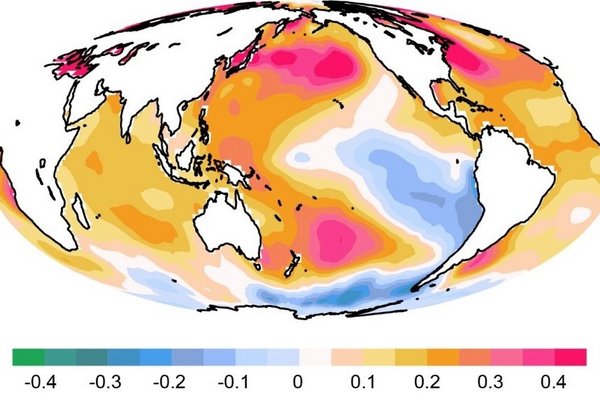
Changes to the Warming Pattern in the Tropical Pacific
The Earth is rapidly warming in response to human-induced greenhouse gas emissions. The warming is however not uniform, with some areas of the Earth…
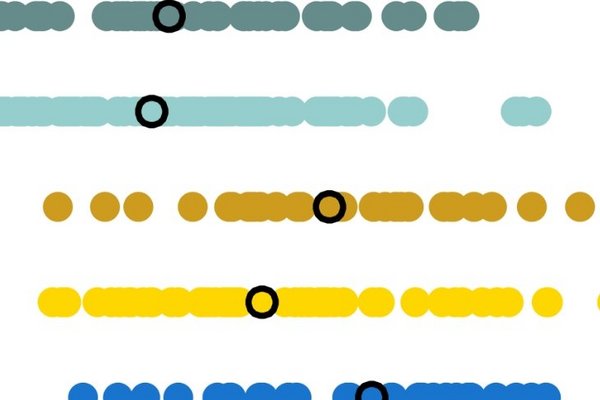
Coupled climate models systematically underestimate the radiation response to surface warming
Do climate models realistically represent the coupling between Earth’s surface warming and the top-of-the atmosphere radiation? Dirk Olonscheck,…
![[Translate to English:] [Translate to English:]](/fileadmin/_processed_/b/d/csm_Humboldt_Visit_Gruppe01_257b699c46.jpg)
International Climate Protection Fellows of the Alexander von Humboldt Foundation visit Hamburg
A group of climate protection fellows from South America, Asia and Africa will be visiting the Max Planck Institute for Meteorology (MPI-M) and the…
Focus: The big melt | Marie-Luise Kapsch, Clemens Schannwell
Climate change is melting the ice sheets of Greenland and Antarctica and causing sea levels to rise. This could be a disaster for island states and…
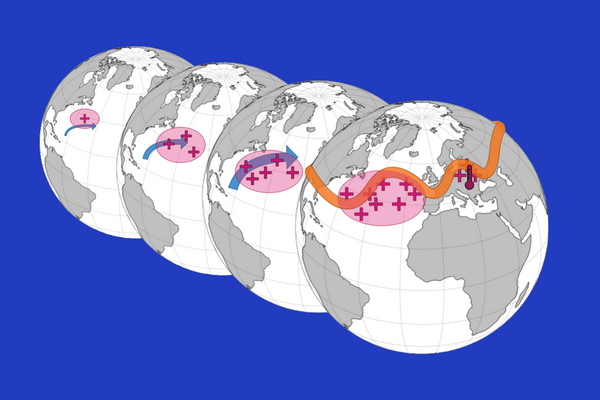
Extremely warm European summers are preceded by North Atlantic Ocean heat accumulation
In a new study, Lara Wallberg, together with Laura Suarez-Gutierrez, Daniela Matei, and Wolfgang Müller have investigated the relationship between…
![[Translate to English:] [Translate to English:]](/fileadmin/_processed_/8/6/csm_T_BBVA_Frontiers_b779625034.jpg)
BBVA Climate Change Award: Together researchers unlock the secrets of polar ice
The BBVA Foundation Frontiers of Knowledge Award in the Climate Change category has gone to five European scientists whose pioneering research on…

End-of-century levels of extreme heat and drought are approaching Europe swiftly
Extreme heat and drought typical of an end-of-century climate could soon occur over Europe, and it could do so repeatedly. Laura Suarez-Gutierrez,…
